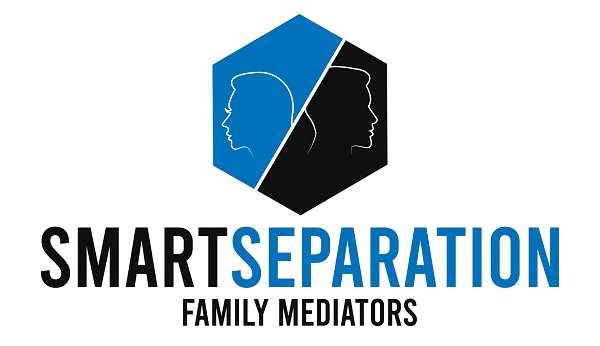Role of a Divorce Mediator
What Does a Divorce Mediator Do?
Unlike a judge or arbitrator, the mediator does not make decisions for the couple. Instead, their role is to guide and encourage constructive dialogue that leads to a mutually agreeable settlement. They create a safe and structured environment where each party can express their views and concerns without interruption. Through various techniques, the mediator helps clarify misunderstandings, identify interests, and explore potential solutions, ensuring that both parties have equal opportunity to contribute to the negotiations.
Skills and Qualifications of a Divorce Mediator
The effectiveness of a divorce mediator largely depends on their skills and qualifications. A competent mediator in Toronto should have a strong understanding of family law, although they are not required to be legal professionals. Relevant qualifications include certification in conflict resolution or mediation, often supplemented by training specifically in family mediation.
Benefits of Choosing Mediation in Toronto
Cost-Effectiveness
One of the most significant advantages of choosing a divorce mediator in Toronto is the potential for reduced costs compared to traditional litigation. Mediation typically requires fewer billable hours as the process is streamlined and less formal, avoiding the prolonged durations seen in court battles. Additionally, because mediation can be scheduled at the convenience of all parties without waiting for court dates, it reduces the overall time and expenses involved.
Confidentiality
Mediation offers a level of privacy that is not available in the traditional court process. In Toronto, divorce mediation sessions are private and confidential, with no public record of what is discussed.
Control and Flexibility
Unlike a court decision, which is determined by a judge and often based on rigid legal criteria, mediation allows couples to create customized solutions that specifically address their individual needs and circumstances.
Faster Resolution
The mediation process generally leads to faster resolutions compared to court litigation. In Toronto, where court systems can be backlogged, mediation allows couples to bypass the lengthy wait times associated with court dates and trials. A typical mediation process can be completed in a few sessions over a couple of months, whereas litigation might take years to resolve fully.
The Mediation Process
Initial Consultation
The mediation process typically begins with an initial consultation, where the parties meet with their chosen divorce mediator in Toronto. Parties can expect to outline the issues to be resolved and express any concerns or goals they have regarding the outcome.
Mediation Sessions
Mediation sessions are carefully structured to facilitate effective communication and negotiation between the parties. Typically, sessions last about one to two hours, but this can vary based on the complexity of the issues and the needs of the parties. Frequency of sessions is generally determined by the availability of the parties and the mediator, with most choosing to meet weekly or bi-weekly.
Reaching an Agreement
Once the parties have negotiated the terms of their settlement through the mediation sessions, the next step is to formalize the agreement. The mediator plays a crucial role in this phase, drafting a detailed document that captures all terms agreed upon during the mediation. This draft is then reviewed by each party, potentially with their respective legal advisors, to ensure that it accurately reflects their understanding and agreements. Once finalized, the agreement is signed by both parties, making it a binding contract.
Choosing the Right Divorce Mediator in Toronto
Factors to Consider
When selecting a divorce mediator in Toronto, there are several critical factors to consider to ensure the process is effective and meets the needs of both parties. First, the experience and specialization of the mediator in family law are paramount. Looking for mediators who are well-regarded in the community and have positive testimonials can be a strong indicator of their effectiveness and reliability.
How to Find a Qualified Mediator
Finding a qualified divorce mediator in Toronto can be approached through various resources:
- Local Bar Associations: The Law Society of Ontario or local bar associations often have lists of certified mediators who specialize in family law. These professionals are typically well-vetted and have met specific qualifications and ethical standards.
- Mediation Centers: Toronto hosts several mediation centers and services that offer family law mediation.
- Referrals: Asking for referrals from family law attorneys, therapists, or financial advisors who understand your situation can also lead to finding a respected and competent mediator. These professionals can often recommend mediators with whom they have had positive experiences in the past.
- Online Directories and Reviews: Websites dedicated to legal services often feature directories of divorce mediators along with reviews and ratings from previous clients.
As an experienced family and divorce mediator in Toronto, I often write blogs to provide insights, tips, and resources on family mediation and divorce in Ontario. Follow my blog to stay informed and empowered during challenging times.



